Multi-Year Analysis Plan Page 64
ADVERTISEMENT
Thermochemical Platform Analysis (WBS 3.5)
Project Overview: Analysis is performed under this task to support the on-going research in the
thermochemical platform. Analysis helps to provide direction and focus to the research by
evaluating the technical, economic, and environmental aspects of biomass thermochemical
conversion. Specific activities include:
•
Biomass feed systems. Work will be done for biomass feed systems to determine the state of
the art. This will involve gathering data on the various types of equipment including past
experience, advantages and disadvantages for each.
•
Gas cleanup. Work in the gas clean up area will focus on obtaining better costs for the
various pieces of equipment for several scales and different operating conditions. This
information will be used in the syngas models and costing spreadsheets to help focus on the
most economical combinations for clean syngas production from both direct and indirect
gasification.
•
Oxygen and fuel synthesis as a function of oxygen purity. Reduced oxygen purity may
improve the economics of direct gasifier systems. Producing lower purity oxygen will reduce
the cost of oxygen generation; however, more nitrogen in the syngas will affect the
downstream equipment sizes and possibly conversion efficiencies. The trade offs of oxygen
purity with capital cost will be examined.
•
Fuel synthesis. Producing a fuel product is another potential opportunity for biomass syngas.
Examine the advantages and disadvantages of various fuel synthesis processes integrated with
biomass gasification. Initial work will look at the potential of mixed alcohols. Future work is
anticipated to examine Fischer-Tropsch liquids and methanol.
•
State of gasification technology. Each year the state of biomass syngas technologies will be
summarized. Initially a detailed design report will be constructed with material and energy
balances, process flow diagrams, and economics for biomass to hydrogen production.
•
Pyrolysis. Pyrolysis is one of the thermochemical conversion options that could play a role in
biorefineries. Initial work will summarize the state of the technology followed by pyrolysis
model development. Additional work will include analysis of upgrading methods for crude
pyrolysis oil.
•
Life cycle assessment/environmental analysis. Initially there will be a preliminary
examination of the environmental impacts of biomass production. This will help to set
priorities for future work.
Project Participants: NREL.
Objective: Crosscutting Activity—Support on-going research in the thermochemical platform via
analysis activities.
Stated Benefits: Provide direction and focus to research by evaluating the technical, economic,
and environmental aspects of biomass thermochemical conversion.
60
ADVERTISEMENT
0 votes
Related Articles
Related forms
Related Categories
Parent category: Education
 1
1 2
2 3
3 4
4 5
5 6
6 7
7 8
8 9
9 10
10 11
11 12
12 13
13 14
14 15
15 16
16 17
17 18
18 19
19 20
20 21
21 22
22 23
23 24
24 25
25 26
26 27
27 28
28 29
29 30
30 31
31 32
32 33
33 34
34 35
35 36
36 37
37 38
38 39
39 40
40 41
41 42
42 43
43 44
44 45
45 46
46 47
47 48
48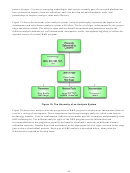 49
49 50
50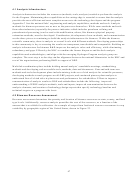 51
51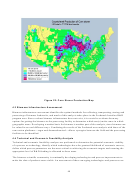 52
52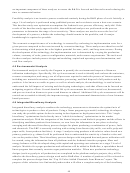 53
53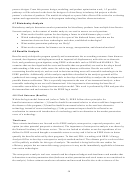 54
54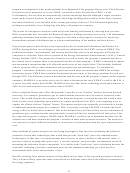 55
55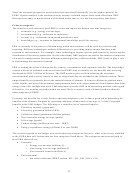 56
56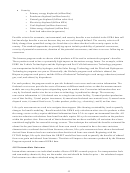 57
57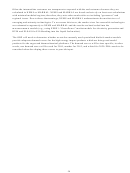 58
58 59
59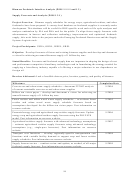 60
60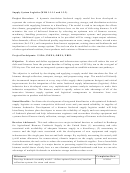 61
61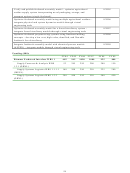 62
62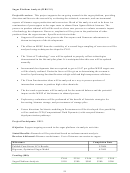 63
63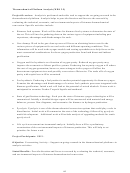 64
64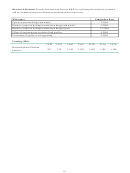 65
65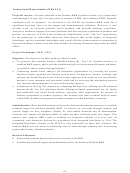 66
66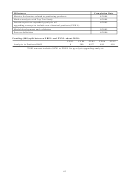 67
67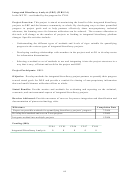 68
68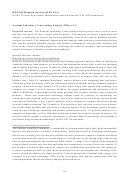 69
69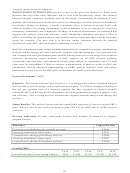 70
70 71
71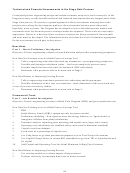 72
72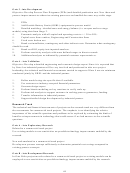 73
73 74
74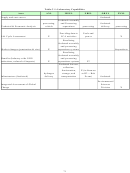 75
75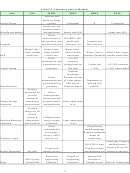 76
76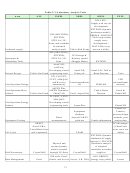 77
77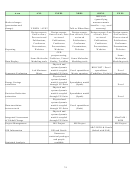 78
78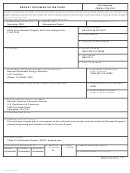 79
79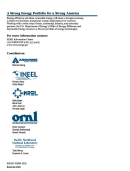 80
80








